REALITY
CHECK
Donald R. Prothero
REALITY
CHECK
How Science Deniers
Threaten Our Future
Foreword by Michael Shermer
Illustrations by Pat Linse

This book is a publication of
Indiana University Press
Office of Scholarly Publishing
Herman B Wells Library 350
1320 East 10th Street
Bloomington, Indiana 47405 USA
iupress.indiana.edu
Telephone orders 800-842-6796
Fax orders 812-855-7931
2013 by Donald R. Prothero
All rights reserved
No part of this book may be reproduced or utilized in any form or by any means, electronic or mechanical, including photocopying and recording, or by any information storage and retrieval system, without permission in writing from the publisher. The Association of American University Presses Resolution on Permissions constitutes the only exception to this prohibition.
 The paper used in this publication meets the minimum requirements of the American National Standard for Information SciencesPermanence of Paper for Printed Library Materials, ANSI Z39.48-1992.
The paper used in this publication meets the minimum requirements of the American National Standard for Information SciencesPermanence of Paper for Printed Library Materials, ANSI Z39.48-1992.
Manufactured in the United States of America
Cataloging information is available from the Library of Congress.
ISBN 978-0-253-01029-2 (cloth)
ISBN 978-0-253-01036-0 (eb)
1 2 3 4 5 17 16 15 14 13
THIS BOOK IS DEDICATED TO MY SONS,
ERIK, ZACHARY, AND GABRIEL PROTHERO
May their future be brighter than ours,
and governed by more rationality than is our current world.
May they not curse the previous generations for the
problems we left behind.
Facts do not cease to exist because they ignored.
ALDOUS HUXLEY
To treat your facts with imagination is one thing, but to imagine your facts is another.
JOHN BURROUGHS
Reality is that which, when you stop believing in it, doesnt go away.
PHILIP K. DICK
You are entitled to your own opinion, but you are not entitled to your own facts.
FORMER SENATOR DANIEL PATRICK MOYNIHAN
Reality must take precedence over public relations, for Nature cannot be fooled.
RICHARD FEYNMAN
CONTENTS
FOREWORD
Denialism vs. Skepticism: How to Think about Controversial Issues
MICHAEL SHERMER
Was 9/11 a conspiracy? Yes, it was. By definition, a group of nineteen al-Qaeda members secretly plotting to fly planes into buildings constitutes a conspiracy. But that is not what the so-called 9/11 Truthers believe. They think that 9/11 was an inside job orchestrated by the Bush administration in order to implement its plan for global domination and a New World Order launched by a Pearl Harbor-like attack (which was also an inside job by Roosevelt and Churchill) on the World Trade Center, the Capitol, and the Pentagon, thereby providing the justification for war.
What is the evidence for this conspiratorial claim? There is no positive evidence whatsoeverno security camera videotape of people planting explosive devices, no explosive device debris in the World Trade Center ruins, no letters, e-mails, memos, or documents of any kind, no confessions by conspirators or their friends, family, or colleagues who might have overheard a clandestine conversation, and no one coming forward to tell all in a book or on a television talk show about what they saw or heard. Nothing. Instead, Truthers rely on alleged anomalies in the governments explanation for what happened, such as how the World Trade Center buildings collapsed, or why WTC building 7 fell, or the damage to the Pentagon, or cell phone peculiarities, or...
The belief that a handful of unexplained anomalies can undermine a well-established theory lies at the heart of all conspiratorial thinking, and is easily refuted by noting that beliefs and theories are not built on single facts alone, but on a convergence of evidence from multiple lines of inquiry. This principle of converging evidence lies at the heart of determining the difference between skepticism and denial. There is nothing wrong with being skeptical of ones government, for example, because we know that governments lie to their citizens and that politicians can be bought off by special interest groups. But when ideology trumps factswhen commitment to a political, economic, or religious belief takes precedence over evidenceskepticism merges into denial. Never is this more evidence than in politics, particularly regarding such questions as these: Should gay marriage be legal? Should marijuana be decriminalized? Should health care be universal? Science has little to say on these matters except on specific points within the larger questions: For example, does the legalization of gay marriage lead to a decline in traditional marriage? (No, it does not.) On such questions, people typically line up according to their religious, political, or social beliefs and corresponding cohorts, and listen to their opponents arguments only in order to shoot them down in a public debate.
The adversarial structure of modern politics invites liberals and conservatives to deny the other sides position a priori. In this sense, denialism is part and parcel with politicsyou are supposed to deny your political opponents position, otherwise you are not a good party member. Not so in science... at least in principle.
Donald Prothero has emerged as one of Americas foremost experts on and debunkers of pseudoscience of various stripes. As a world-class paleontologist and geologist he diverted precious research time to the cause of taking on the evolution denierscreationists and their intelligent design brethrenbecause of the threat they pose to good science education in America. Prothero noticed that global warming skeptics and climate deniers employed the same tactics as creationists: focusing on minor anomalies in the data, interpreting normal scientific debates as indications that mainstream science is flawed, and quote mining experts to make it sound as if they were saying something in support of their denialist cause. Reality Check: How Science Deniers Threaten Our Future is Protheros magnum opus on all things pseudoscience, covering not only creationism and climate denial, but also other threats to a rational and sane society, including the anti-vaxxers (those who believe vaccinations cause autism and other problems and should be abandoned), the AIDS deniers (yes, believe it or not, there are still people who do not believe that HIV causes AIDS), alternative medical practitioners who deny the benefits of modern science-based medicine, the tobacco deniers (primary smoking deniers have morphed into secondhand smoking deniers), the peak oil deniers (those who hold that the supply of oil is nearly endless), and many others who employ tried-and-true strategies of selling doubt as a product. As Prothero demonstrates, it is almost as if all these deniers went to the same school of denial, employing parallel methods to sow seeds of doubt into the mind of the public, who as non-experts often have a difficult time distinguishing the difference between denial and skepticism.
Denial or denialism is the automatic gainsaying of a claim regardless of the evidence for itand sometimes even in the face of evidence. Denialism is typically driven by ideology, politics, or religious beliefs, in which the commitment to the belief takes precedence over the evidence for or against it. Belief comes first, reasons for belief follow, and those reasons are winnowed to assure that the belief is always supported.


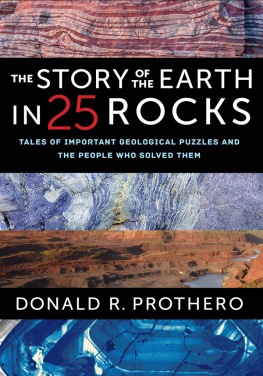
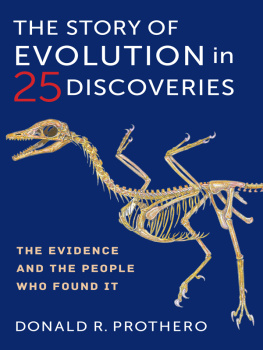
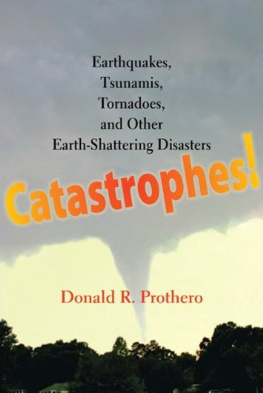

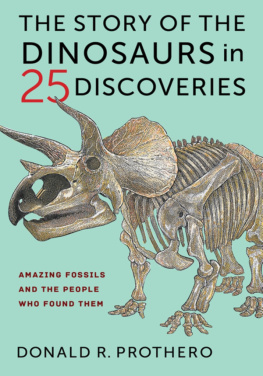
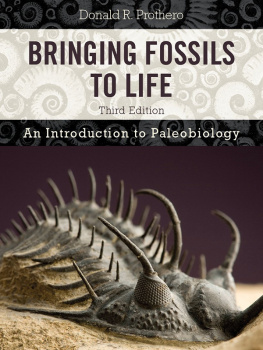
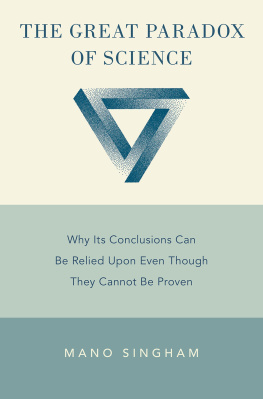
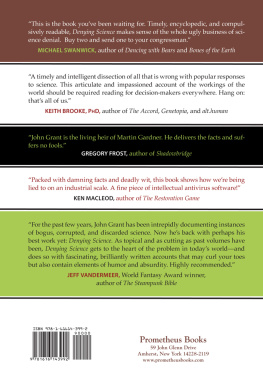
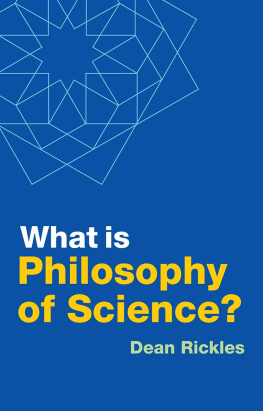

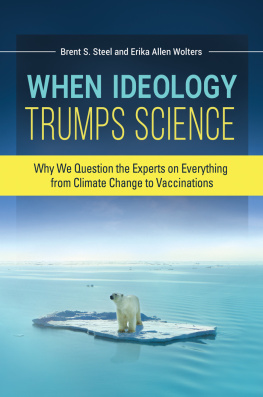
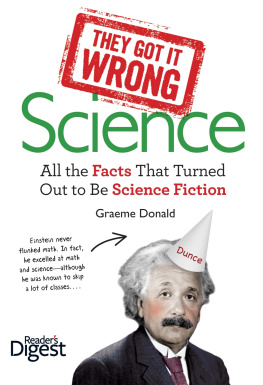

 The paper used in this publication meets the minimum requirements of the American National Standard for Information SciencesPermanence of Paper for Printed Library Materials, ANSI Z39.48-1992.
The paper used in this publication meets the minimum requirements of the American National Standard for Information SciencesPermanence of Paper for Printed Library Materials, ANSI Z39.48-1992.